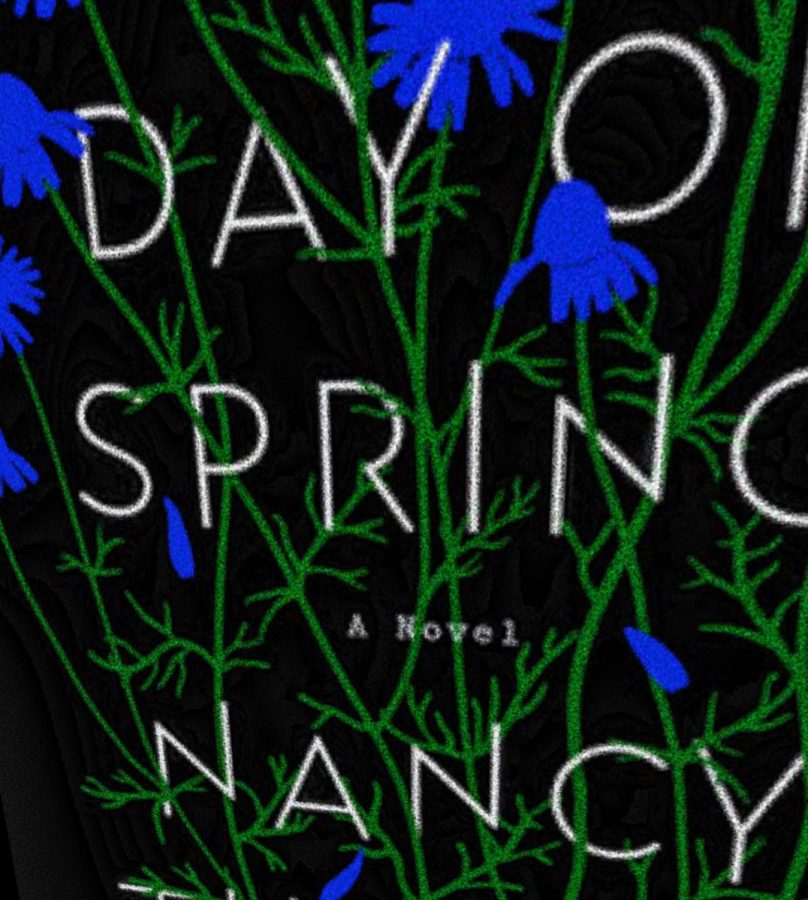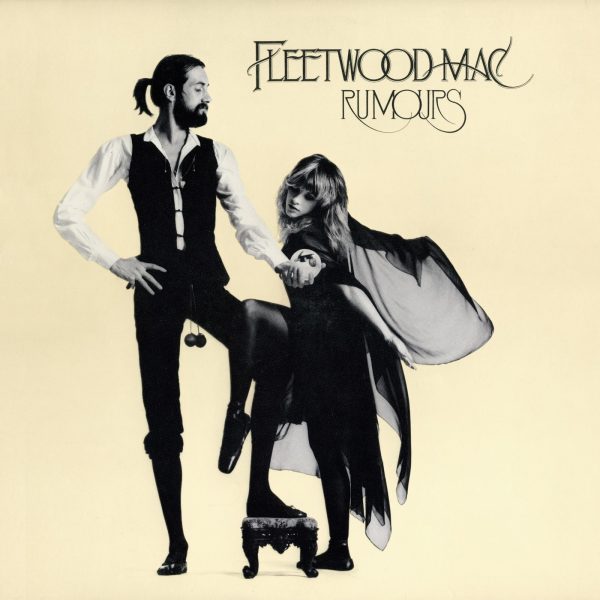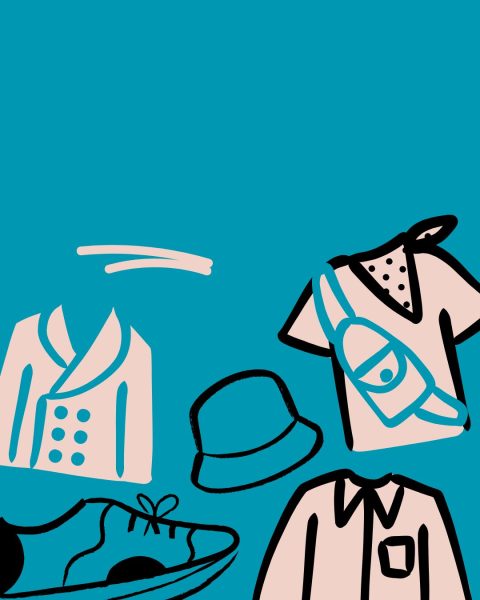Nancy Tucker’s First Day of Spring: a Most Sympathetic Murderer
Tucker’s novel follows the remarkable journey of a young killer.
Chrissie Banks is “the bad seed.” At eight years old, she steals from the candy store, she gets in trouble at school, bullies the other kids… and, on the first day of spring, she kills a two-year old boy.
Nancy Tucker’s riveting fiction debut, First Day of Spring, opens with the palpable, unpalatable, description of Chrissie’s crime, immediately gripping the reader. Tucker juxtaposes the horror against the innocence of Chrissie’s narrative voice, who tells us that the boy’s face turned “the color of milk jelly” and that her secret gives her a “belly-fizzing feeling… like sherbet exploding in my guts.”
The book alternates between telling Chrissie’s story in the aftermath of her murder — the lies she tells, the power she feels, her unstable situation at home — and her story as Julia, a young mother living under a new name in the real world after having spent nine years in a “Home.” She is terrified of raising her five-year-old daughter Molly to become another Chrissie, reassuring herself with a mental tally of her success as a mother. Is Molly wearing a sweater when it’s cold? One point. Is there food in the cupboards at home? Two points.
But when Molly breaks her wrist (minus lots of points), Julia becomes paranoid that social services will take away her daughter. Julia takes Molly on an impromptu trip, trying to outrun the echoes of Chrissie’s past.
The brilliance of this novel lies in Tucker’s ability to make the reader sympathize with a killer. Chrissie’s mother is always neglectful and sometimes abusive. At one point she tries to give her daughter up for adoption; Chrissie is constantly made to feel unworthy of love. Her father isn’t around much, and when he is, he’s usually drunk. Her parents’ carelessness also distorts Chrissie’s view of reality. After her dad disappears for the first time, her mom tells Chrissie that he died. When he returns, she asks him if he’s come back alive, and he does nothing to dispel that fantasy. Chrissie wonders how long Steven will be dead for, not understanding that what she did was permanent.
Chrissie is also always hungry. There’s never any food for her at home. When she’s the milk monitor at school, she drinks all the extra in secret, even when it makes her stomach hurt. When she goes over to a friend’s house, she lingers until tea time so they’ll have to give her a snack. Tucker’s 2015 memoir, The Time in Between, explored her struggles with anorexia and bulimia. Eating disorders and self-starvation are, of course, different from not having food available, but Tucker still understands the way hunger can be a driving force in a person’s life. Chrissie says that after killing Steven she finally didn’t feel hungry.
Through Julia, too, readers see the full extent of her remorse, of which they’re only offered a glimpse in Chrissie’s chapters. Julia believes that she’s fundamentally bad (“the bad seed”), but in the absence of Julia’s compassion for herself, Tucker maintains the reader’s compassion as we witness her trying so hard to be a good mom.
The first-person narration also helps us sympathize with Chrissie/Julia, and smooths over the divide in her identity — past and present, Chrissie and Julia, little girl and mother. No matter her name, she is a person trying to live with the consequences of her actions.
One could argue that Tucker underdevelops her character’s motivation. One of Chrissie’s favorite words is ‘just’ — when asked why she killed Steven she says “it was just an accident,” then, when pressed, “I just wanted to.” This lack of reasoning is somewhat frustrating, but not unforgivable. Why should Chrissie have a complex, fully thought-out motivation behind killing a little boy? She’d have to be psychopathic. Why did she kill Steven? “Because it wasn’t fair… just everything.” And she’s right. It’s not fair that Steven had two parents and an older sister with beautiful blond hair and that everyone seemed to love him, while Chrissie had none of that. It’s not an excuse — there is no excuse. But it is a motivation. And if Chrissie couldn’t fully articulate that motivation… well, she was eight. She was eight and sad and lonely and angry, and because of that she killed a little boy.
At one point Julia finds a book in a thrift shop, written by Steven’s sister. The title is My Brother Steven: An Angel Taken by the Devil. What Tucker’s novel makes the reader understand, though, is that it’s not so black and white. Chrissie comes to the realization that “kids like Steven didn’t get to carry on living, so they got perfection instead. It was a kind of trade.” And maybe Chrissie wasn’t such a devil, or a “bad seed,” as she always believed. Maybe she was simply planted in bad soil.











